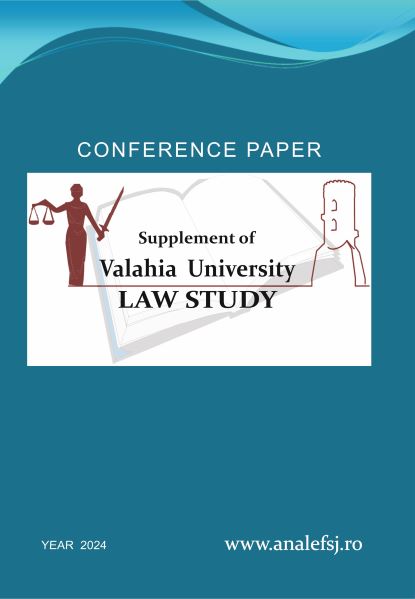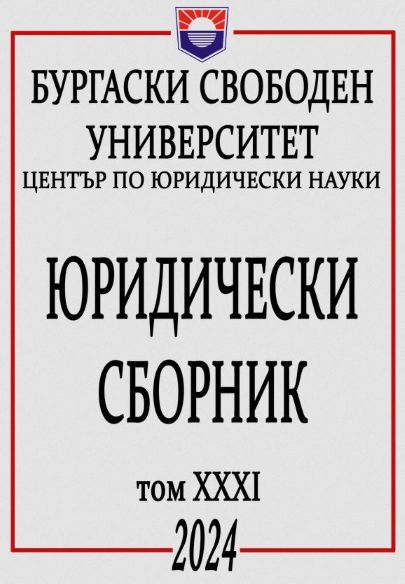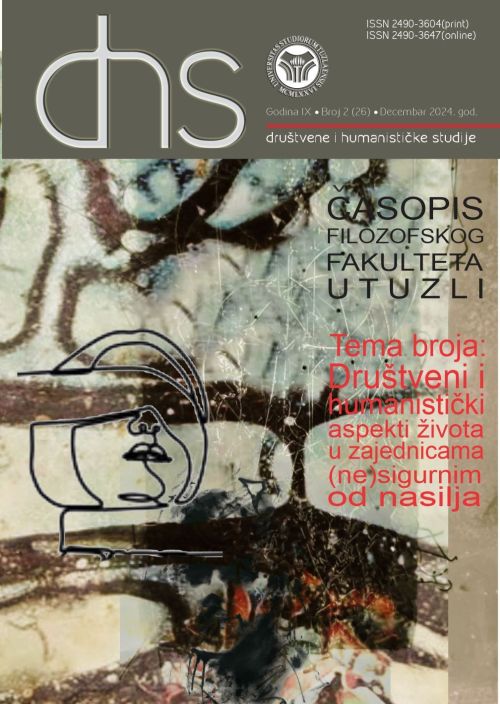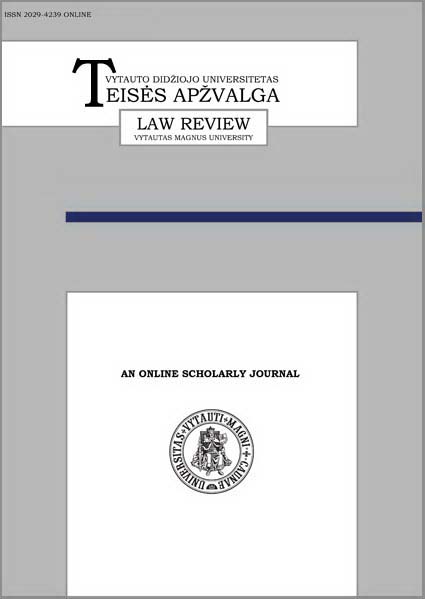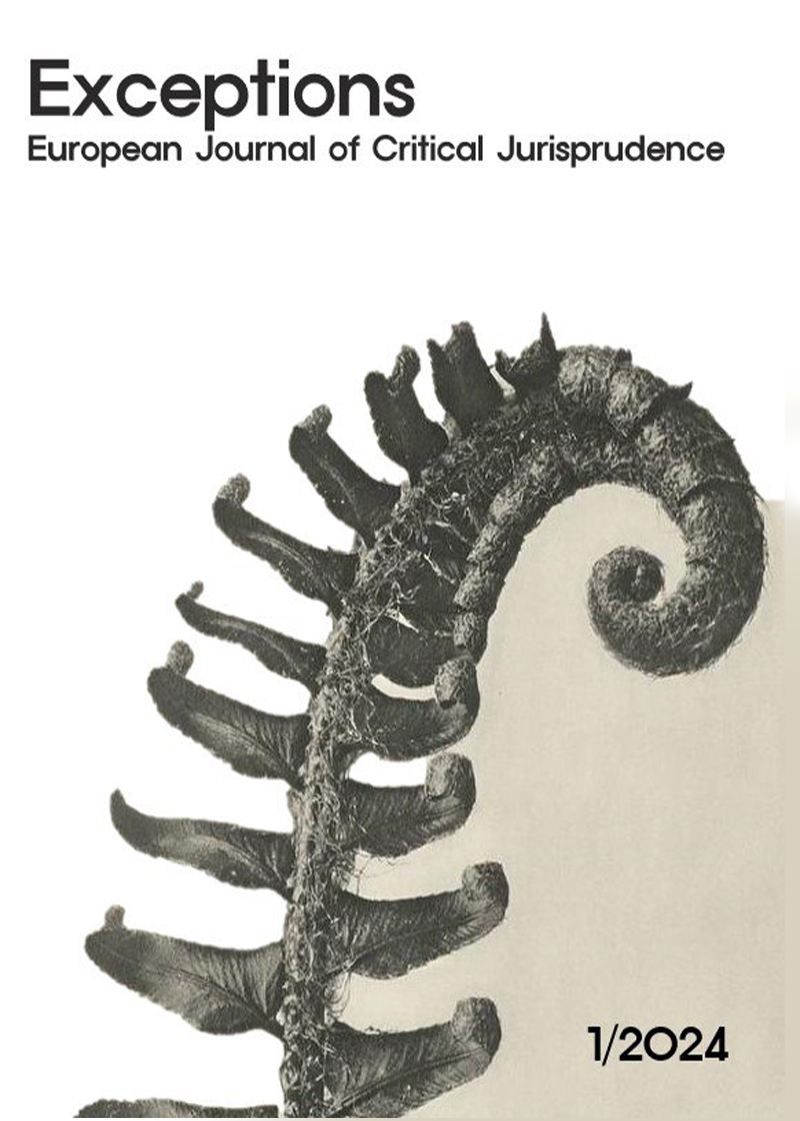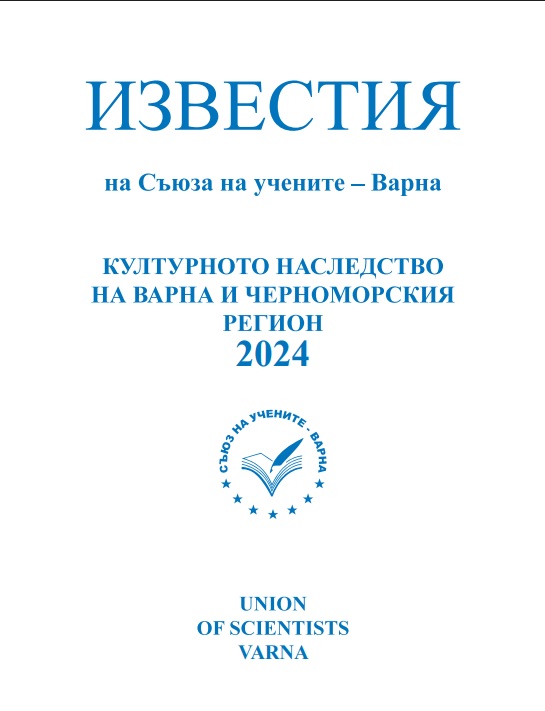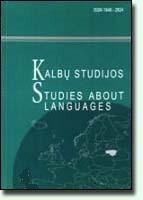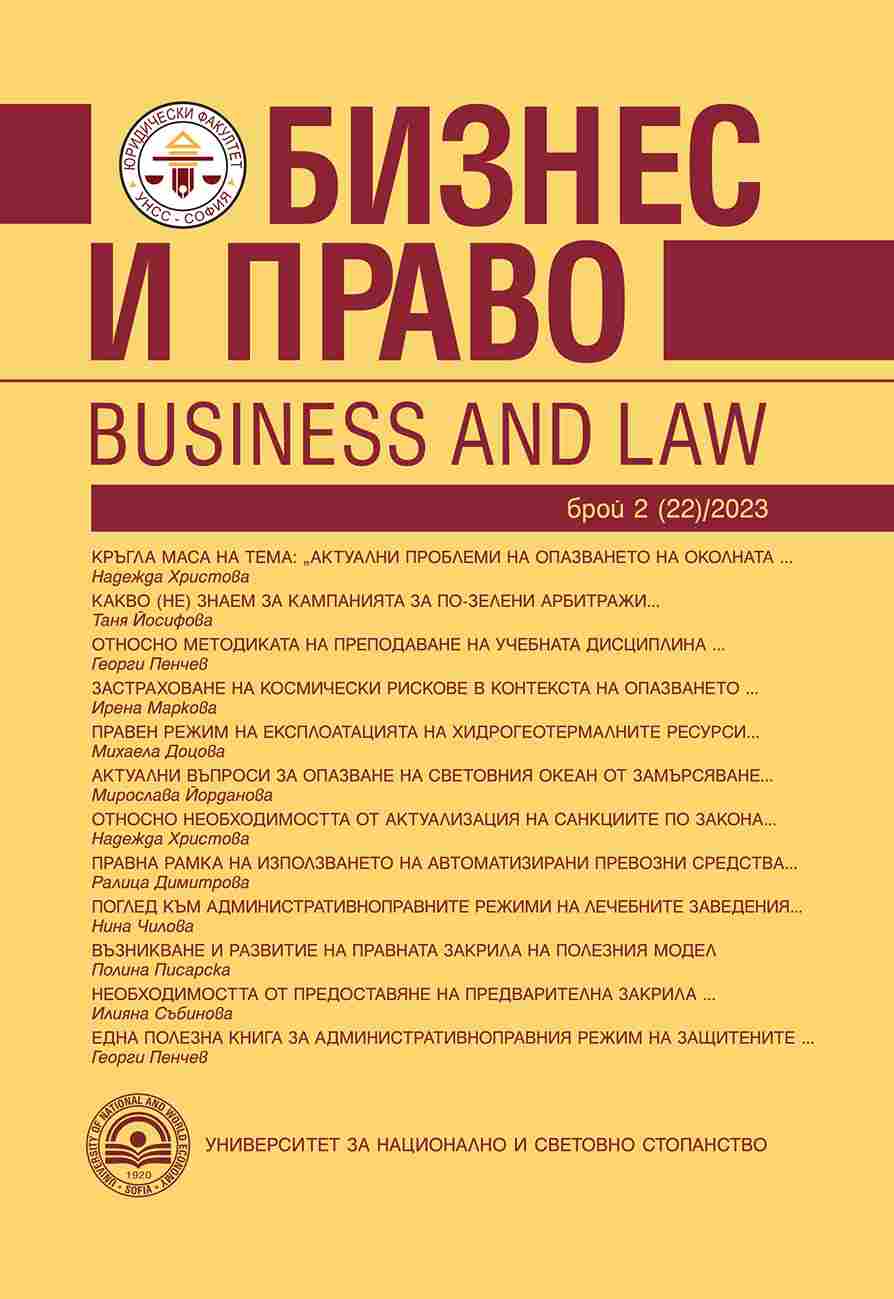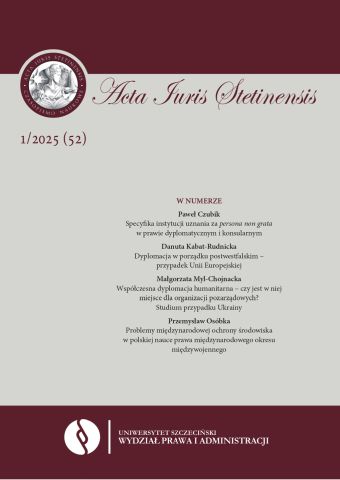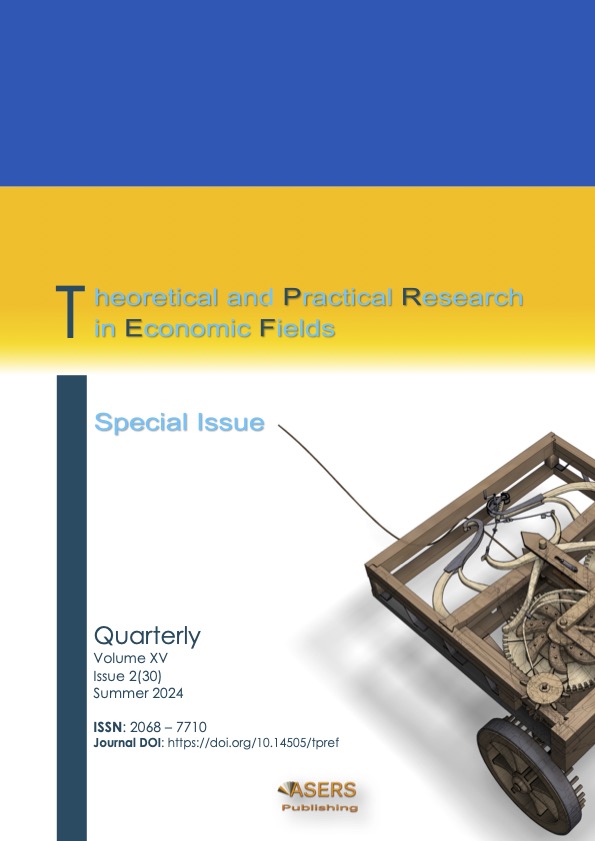
Comparative Analysis of the Squeeze-Out Procedure in Ukraine and the EU
The introduction of the squeeze-out procedure into Ukrainian law took place several years ago. It was due to the implementation of Directive 2004/25/EC of the European Parliament and of the Council of April 21, 2004 on takeover bids as part of the implementation of the Association Agreement between Ukraine and the European Union. However, the resonance of this institution in Ukrainian legislation has not only continued to grow but is also gaining momentum. The purpose of squeeze-out is to balance the interests of majority and minority shareholders. However, there are ongoing discussions in the legal profession regarding the possibility of a possible violation of the subjective rights of minority shareholders in the event of forced deprivation of their ownership of shares, the setting of the share price, and the compliance of the procedure for the compulsory sale of minority shareholders' shares with the principle of inviolability of property rights. The institute of compulsory redemption of minority shareholders' securities at the request of a person (group of persons) holding a dominant controlling stake is new to the theory and practice of domestic corporate law. In the legislation of other countries and legal doctrine, the institute of public offer is a mechanism that guarantees shareholders' rights in the process of redistribution of corporate control and takeovers and ensures a balance of private and public interests in a joint-stock company. It is characteristic of a public company's exit from the public securities market. Given the relative novelty of the relevant procedure in Ukraine, as well as its controversy, it is advisable to study it in more detail. In particular, the author believes that it is advisable to consider the squeeze-out procedure in Ukraine in comparison with the EU for a deeper study. The purpose of the article is to analyze the history of the emergence and development of the squeeze-out institute in selected countries of the world, the mechanism of its implementation in national legislation, law enforcement practice, and to identify proposals for improving legal regulation and implementation. The leading scientific method used by the author in this study is the comparative method. The main objective of the article is to compare squeeze-outs in the EU and Ukraine. The author used the comparative method to obtain the results disclosed in the article and its conclusions. It was the application of the comparative method that made it possible to identify common and distinctive features in Ukrainian and European legislation, as well as to identify differences in the implementation of forced buyouts in EU member states.
More...
